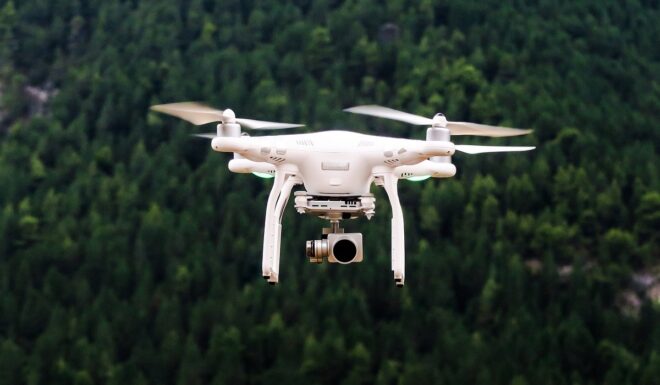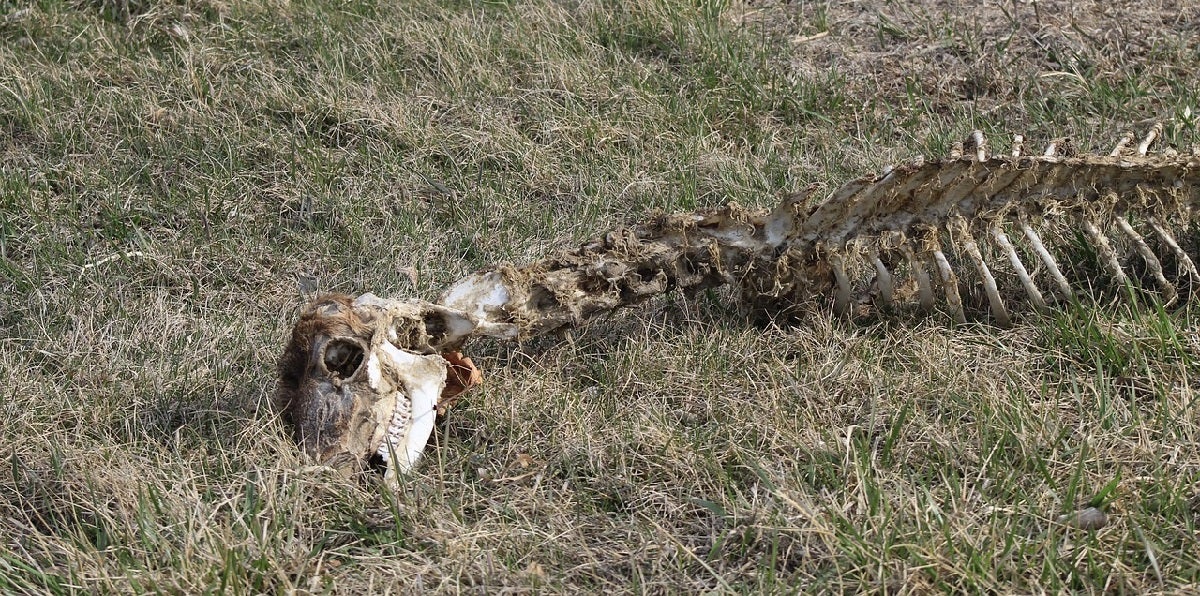Drone Operator Charged for Recovering Deer, a Legal Gray Area
Travis Olander 01.01.24

A Pennsylvania drone operator running a small business recovering lost deer for hunters was charged by the state’s Game Commission with multiple citations. On December 6, Joshua Wingenroth of Downingtown, PA, who operates Wingy Drone Services, was contacted by game authorities in what they billed as a sting operation. Authorities say Wingenroth operated an unmanned aircraft system to locate game.
The agency charged Wingenroth with four citations, including two counts of unlawful devices and methods, one count of disturbance of game and wildlife, and another for recreational spotlighting. The charges total up to $2,500 in fines and potentially include 90 days in jail. To implicate Wingenroth, Game Commission officers posed as hunters, claimed to have wounded a deer in a particular location, and asked Wingenroth to meet them and use his drone to find the deer. When Wingenroth accepted the job, authorities arrived at the meetup and seized his equipment.
The Game Commission claims Wingenroth, “[had] disturbed an antlered deer while operating the drone,” and “used an artificial light to locate deer,” and noted that during Pennsylvania’s deer season, using spotlights to hunt is prohibited.
If the charges seem to be a bit of a stretch, or even wholly irrelevant to Wingenroth’s business – he was recovering deer after they’d been shot, not hunting – well, they might be. The legality of using drones in any capacity during game season is a legal gray area in many states. In Pennsylvania, the law makes it clear that using electronic devices to hunt is prohibited. But there are no laws specifically banning the use of a drone to recover – not hunt – dead or wounded game animals.
Advocates say drones should be allowed to recovering deer carcasses
In the absence of clear laws specifically prohibiting or allowing drones in these instances, game commissions and individual wardens are often left to decide whether to charge individuals with crimes for their use of drones to recover game based on existent laws governing other devices used in other capacities. Some states have, indeed, banned the practice, with clear laws ratified by their elected legislatures that use language to specify the use of aircraft of any kind to locate game is illegal. In Colorado, the state’s Code of Regulations, 406-0, Article IV, Section C says plainly it is unlawful to use a drone to aid in looking for, scouting, or detecting wildlife for hunting. Illinois has done the same, specifying in its Wildlife Code that it is unlawful to “take, pursue or intentionally harass or disturb in any manner any wild birds or mammals by use or aid of any vehicle, conveyance, or unmanned aircraft as defined by the Illinois Aeronautics Act.”
In Pennsylvania, the state’s Game Commission voted in 2016 to, “[prohibit] the operation, control, launching or retrieval of drones on game lands, unless a specific exception is approved in writing by the Game Commission’s executive director.” The Game Commission’s language prevents the use of drones on public game lands for any reason, opening up the potential for patchwork enforcement of a regulation that wasn’t ratified by the state’s legislature, citing individuals who might otherwise only use drones for recreation or photography. Although a bill, Senate Bill 1332, was introduced in 2014 to appropriately specify the legality of drone use in hunting and locating game, it remains in committee as of September 2022.
Elsewhere, states are leaning into the responsible use of drones for tracking game. Ohio’s legislature has made the practice quite clear: Under state law (OAC 1501:31-15-02(B)), it is legally to use a drone to hunt, shoot, kill, or otherwise attempt to take any game. But it’s perfectly legal to use a drone – or any other aircraft, for that matter – to locate a downed game animal. Mike Yoder, owner of Drone Deer Recovery in Ohio, operates the Drone Deer Recovery site, a database that allows hunters to quickly and easily contact a licensed drone operator to enlist their services to locate a downed deer.
Yoder says the law is applied inconsistently in many states. He says there have been instances in which one game warden has allowed the use of drones to recover game, while another warden has issued a citation for the very same. “Each warden has discretion,” he said. “This is a tool that is truly helping hunters and it should be allowed in carcass recovery. It makes no sense that you tell a hunter to use all means necessary to recover a carcass, but not a drone.” In Pennsylvania, the Game Commission has, for better or worse, been relied upon as a legislating body. It has in the past made exceptions to the state’s electronic hunting device ban, allowing electronic calls, decoys, scent dispensers, trail cameras, and night vision to be used for hunting. Yoder says he’s contacted the Game Commission in the past to discuss allowing the use of drones for deer recovery.
“Drones in the hunting space have gained so much traction, you can’t stick your head in the sand,” Yoder said. “It’s here to stay. Let’s talk. Even if they say it’s illegal, the Pennsylvania Game Commission has to take a look at this technology that is truly helping hunters,” he said.

